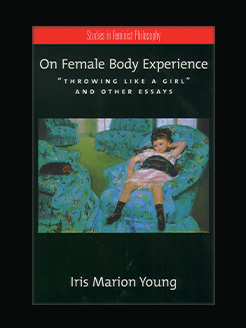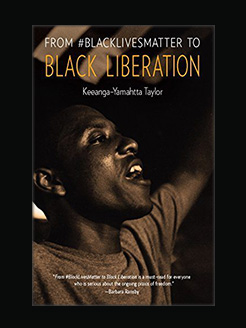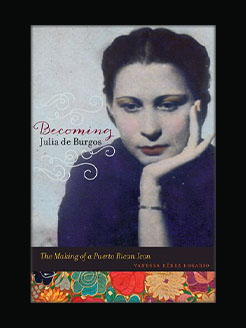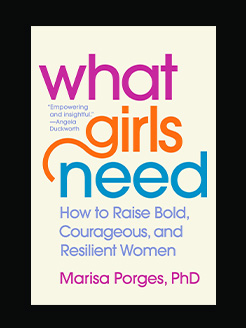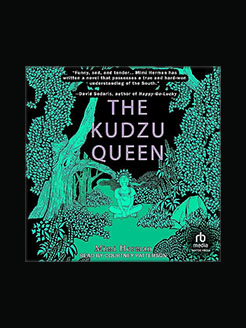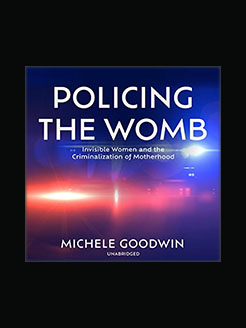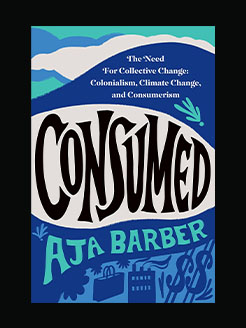Published in 2017
74 pages
Dr. Rosemary Papa currently serves as The Del and Jewel Lewis Endowed Chair in Learning Centered Leadership and Professor of Education Leadership in the College of Education at Northern Arizona University- a position she had held since 2007. She has been an active member of the National Council of Professors of Educational Administration (NCPEA) since her first summer conference, Chadron Nebraska, in 1987. In 1991-92, she served as the first female President of NCPEA and was the 2003 recipient of the NCPEA Living Legend Award. In 2000 she founded and serves as Editor of the eJEP: Journal of Education Policy, one of the first open access, free, blind-peer reviewed journals in the world. In 2004, she was the recipient of the Outstanding Teacher Award from the College of Education at California State University, Sacramento. Her record of publications includes thirteen books, numerous book chapters, monographs and over eighty referred journal articles.
What is this book about?
This monograph was cultivated from the AERA SIG, Women in Education 2016 address and delivers a brief review of his-story in terms of the lack of her-story being included through three parallel lines:
1) historical documents on formation of the family and work in and outside the home from the Paleolithic era
2) the development of traditional religions and the subjugation of women beginning with the conniving seductress Eve
3) the discussion of major wars and the nation/state policies produced throughout history with impacts on girls and women, as well, the precarious health of the planet.
This brief review of his-story reveals the continued exclusion of her-story with the example of Willystine Goodsell, a historian, ironically erased from history in education. The premise that subjugation of women and children as lesser than males has been supported both in the name of protecting them and in shaming them. The combined ubiquitous effects of disequilibrium created by mankind in wars, religions, education, social capital, economics and politics, have ensured his-story is the one recorded. This monograph suggests a more balanced approach to the written her-his-story requires inclusion of all the population and the secular educating of especially girls and women.
